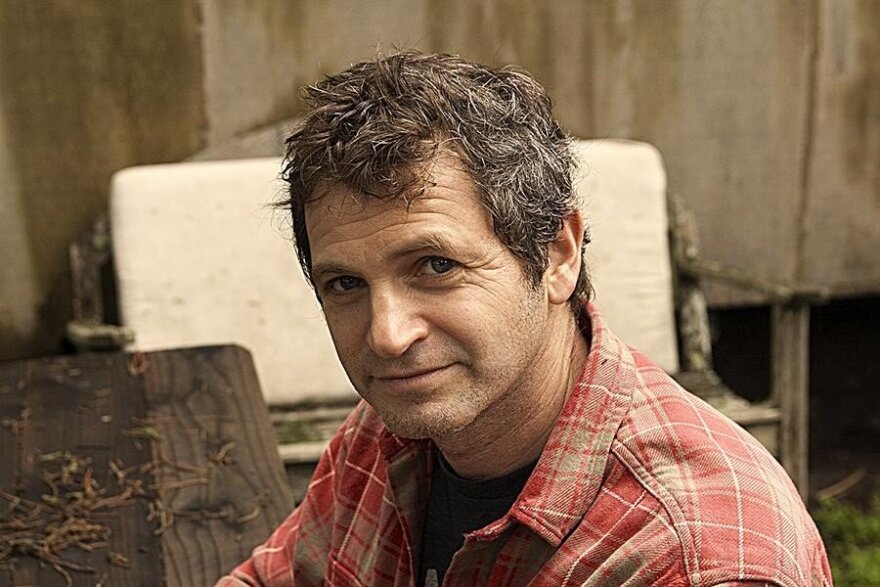What eclipses the re-reading of any work by Juan Rulfo is the irremediable problem of just how finite his works are. He published two books over the span of two years. He’s well known for his seminal novel "Pedro Páramo" which was published in 1955. But perhaps just as seminal is his 1953 short story collection "El Llano en Llamas."

At the time, readers in Mexico and throughout Latin America clamored for more of these stories distilled and minimal in narrative technique about rural people at the vexing intersections of human reality.
Rulfo said often that his stories came from his Tío Celerino, an uncle who drank too much and went from town to town confirming children and bestowing God’s blessings on them — even though he charged a fee for his services and was also a reputed atheist. But in storytelling, according to his nephew, he had no equal. Rulfo claims he ran out of stories to tell when this favorite uncle died.
In his essay “On the Beauty of Not Writing or An Unnecessary Homage to Juan Rulfo,” Peter Orner writes that “A writer’s silence (or anybody’s) should never be interrogated, only respected, and this from a distance.”
I’ve often thought that Peter Orner was a writer’s writer, but also a writer for, not just readers, but re-readers — those who can return to a work again and again, perhaps in the way that Gabriel Garcia Marquez did, claiming that he memorized every word of Rulfo’s "Pedro Páramo." Writes Orner, “I’ve come to believe: as often as not, it’s not the telling, it’s the repeating,” that is at the core of storytelling.
One day, while sitting at a picnic table in Pescadero, California, Peter Orner watched as a Russian family boisterously swapped stories — or seemed to from Orner’s vantage point — the scene a strong counterpoint to the austere prose of Juan Rulfo. However, it also occured to him that this would have been a context that Rulfo would have enjoyed, observing life as it happened around him and gleaning stories about people in all their wondrous complexity.
In the story “No Oyes Ladrar a Los Perros,” or “You Don’t Hear Dogs Barking,” we find a story perhaps as easy to re-read and even commit to memory because it is distilled to the most essential dialog and the thinnest exposition. We find a situation that is as wholly unlikely as it is perfectly believable. A father is carrying on his back his injured grown son. He has walked for hours and won’t stop until they reach the next town — a place where they hope to find help for Ignacio.
We enter the story in medias res, thrust into an already critical life-and-death situation.

What wouldn’t a father do for his son in such dire straits? And then, how is he weighed down by the visceral tonnage of an array of emotions, especially — as we’ll see — the amalgam of disappointment, frustration, fear and anger that the father shoulders on the journey?
There are some things we cannot change about ourselves or about each other. When this fact also means that there are things we cannot change about our children, the failures seem even more impossible to bear. And in the books left to us by Juan Rulfo, he reminds us of this fact — that there is very little to say — but it must be said.
Orner wonders if it is ever a good idea to “channel a hero” to immerse ourselves in the rhythms and cadences and textures of a life in rural Mexico to understand ourselves any place in the world, even at a picnic bench in Northern California. For Orner, the key to understanding Rulfo’s universal appeal is not to focus on what Rulfo says in his stories, but instead to concentrate squarely on the silences.
And what of Ignacio and his father? “Our defeats are our stories,” Peter Orner reminds us. “Stories have got to be told. I say, tell them, tell them sparingly if you can, but tell them.”
TPR was founded by and is supported by our community. If you value our commitment to the highest standards of responsible journalism and are able to do so, please consider making your gift of support today.



